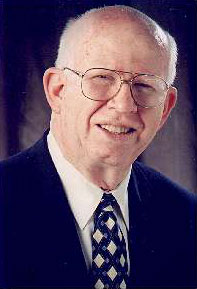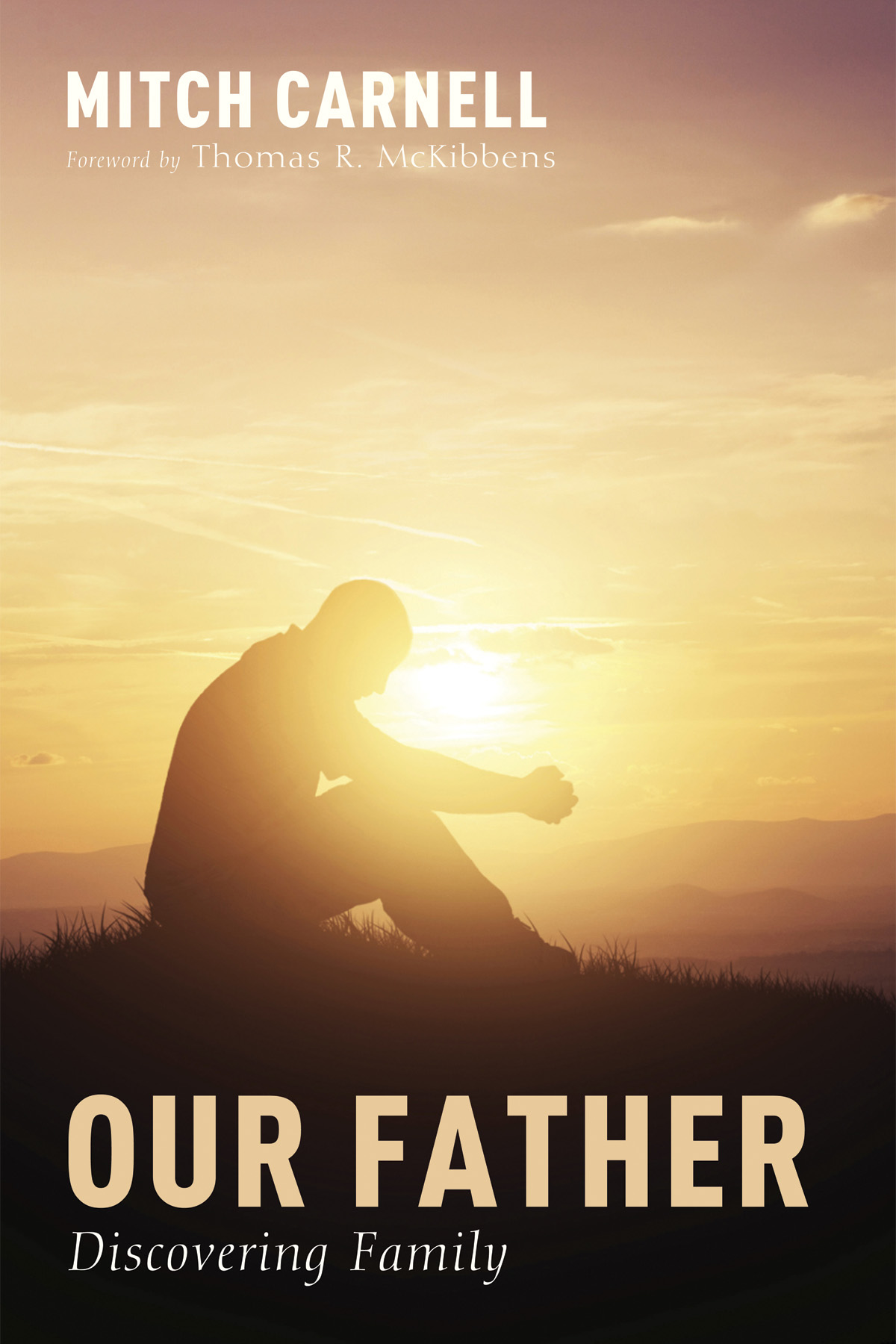 Just down the street from my little parish an event transpired that brought me and many like me to a profound moment of self-reflection. On June 17,2015 the worst racially motivated murder in modern times in Charleston, SC occurred. It was a day of tremendous sorrow, suffering, soul searching. Just 2 days later the grieving family members stood up and said they forgave this murderer. Many folks I heard said Dylan Roof was beyond forgiving
Just down the street from my little parish an event transpired that brought me and many like me to a profound moment of self-reflection. On June 17,2015 the worst racially motivated murder in modern times in Charleston, SC occurred. It was a day of tremendous sorrow, suffering, soul searching. Just 2 days later the grieving family members stood up and said they forgave this murderer. Many folks I heard said Dylan Roof was beyond forgiving
Just one day after the murders, Chris Singleton, the college student son of victim Sharonda Coleman-Singleton, said he forgave his mother’s killer. The following day, family members of the dead joined the first court hearing for the suspected killer, 21-year-old Dylan Roof, and told him via video conference that they, too, forgave him — even as some acknowledged also feeling angry and hurt.
“Everyone’s plea for your soul is proof that they lived in love, and their legacies will live in love. So hate won’t win,” said Alana Simmons, granddaughter of Emanuel victim the Rev. Daniel Simmons.
“I forgive you, my family forgives you,” said Anthony Thompson, whose wife Myra Thompson was killed. “We would like you to take this opportunity to repent. … Do that and you’ll be better off than you are right now.”
Roof was ordered held until a bond is set on murder charges. He appeared by video from the county jail and seemed to show no emotion as family members spoke.
Those who extend forgiveness say they are not naive in doing so. Some say they are still working at it, and they make clear that forgiveness is not the only emotion they have about the racial events that are unfolding. The Rev. Norvel Goff, interim pastor succeeding the late Rev. Clementa Pinckney at Emanuel, said self-preservation is also a motive — forgiving does more for the person who is hurting than the one who caused the pain. “We’re not in control of those who may commit evil acts, but we are in control of how we respond to it,” Goff said.
In my work as a Jungian Analyst and psychotherapist, I find in many of my clients there is a great deal of resentment and bitterness toward their parents whom they feel let them down. They experienced a lack of support from their parents or that they were badly mistreated. Also, I find couples in virtually insoluble conflict. Facing very divisive conflicts between husband and wife where infidelity or cruelty or abandonment has produced a deep sense of abuse or mistrust contributing to a lifelong sense of dependency and fear of being abandoned or total alienation. I even see some folks who have a virtually lifelong feud between a brother or a sister where sibling rivalry approaches the intensity of a Biblical conflict. While forgiveness is such cases is not required or may be impossible, and it may be too entrenched or deep rooted to change. In such cases, the therapeutic client spends his or her time and the time of the analyst feeling angry, and resentful, counterattacking and blaming others, all of which makes forgiveness very hard to come by. On the other hand, as difficult as it is and how much pain and sadness it has caused, still forgiveness can lead to healing.
Forgiving someone who has wronged you is no easy task, getting to forgiveness is no easy path although as a psychologist I would suggest forgiveness allows the forgiving person to be free of the burden of resentment, and of needing to get revenge and of living a life of anger that would give us a longer happier life. Forgiveness is a decision to let go of resentment and the thoughts of revenge. The person and the act that hurt or offended you might always remain a part of your life, but forgiveness can lessen its grip on you and help you focus on other, more positive parts of your life. Forgiveness can even lead to feelings of understanding, empathy and compassion for the one who hurt you.
The person or the act that hurt or offended you might always remain a part of your life, but forgiveness can lessen its grip on you and help you focus on other, more positive parts of your life. Forgiveness can even lead to feelings of understanding, empathy and compassion for the one who hurt you.
When you are unable to forgive and let go of past wrongs, it may bring anger and bitterness into every experience you have or relationship you are in. It also contributes to anxiety and depression. What happens when you forgive requires you to examine how holding that grudge may have a powerful effect on your life. Forgiveness requires a willingness to change your view of what has happened to you and give up being a victim. This is a freedom to let it go can set aside bitterness As you let go of grudges, you’ll no longer define your life by how you’ve been hurt. You may even find compassion and understanding
I believe forgiveness is a deliberate and conscious decision to let go of the feelings of resentment and desire for revenge against someone who has harmed you. You don’t gloss over the seriousness of the offence, nor forget or condone evil acts.You really need to recognize the pain you have suffered without letting pain define you which will enable you to heal and to move on with your life.







